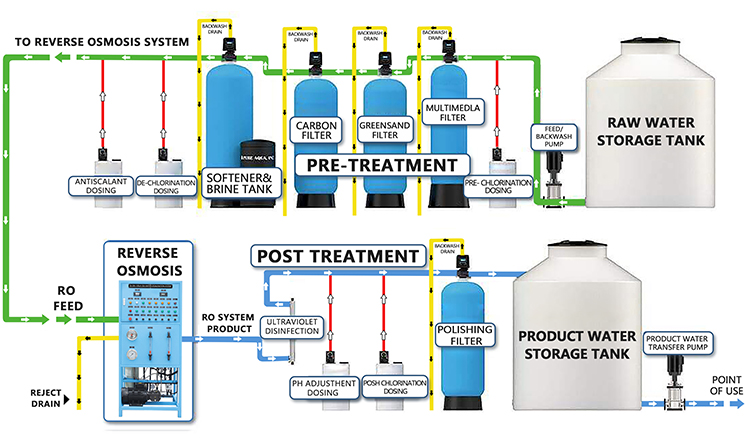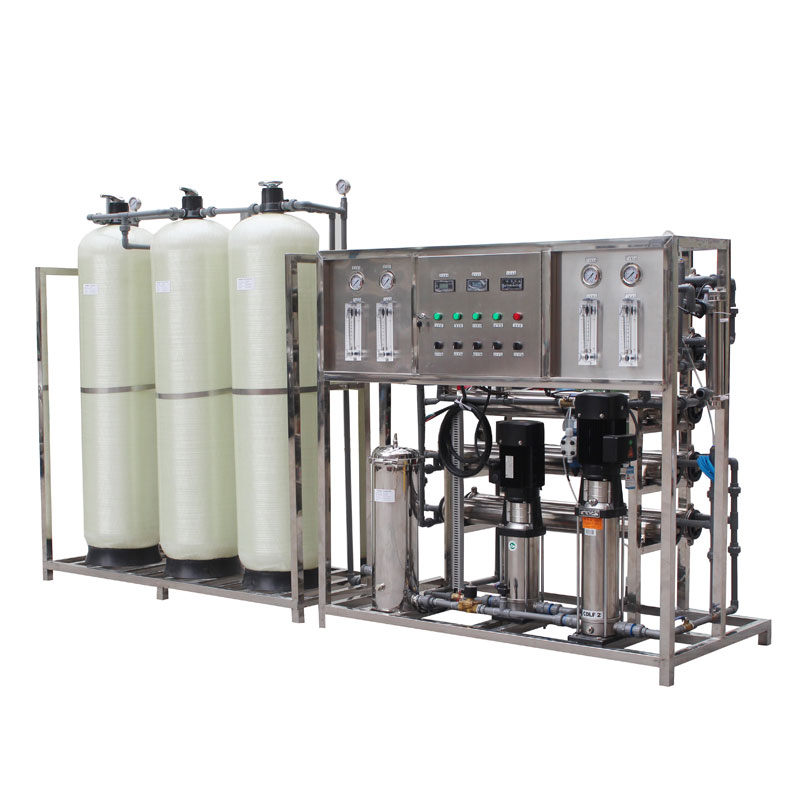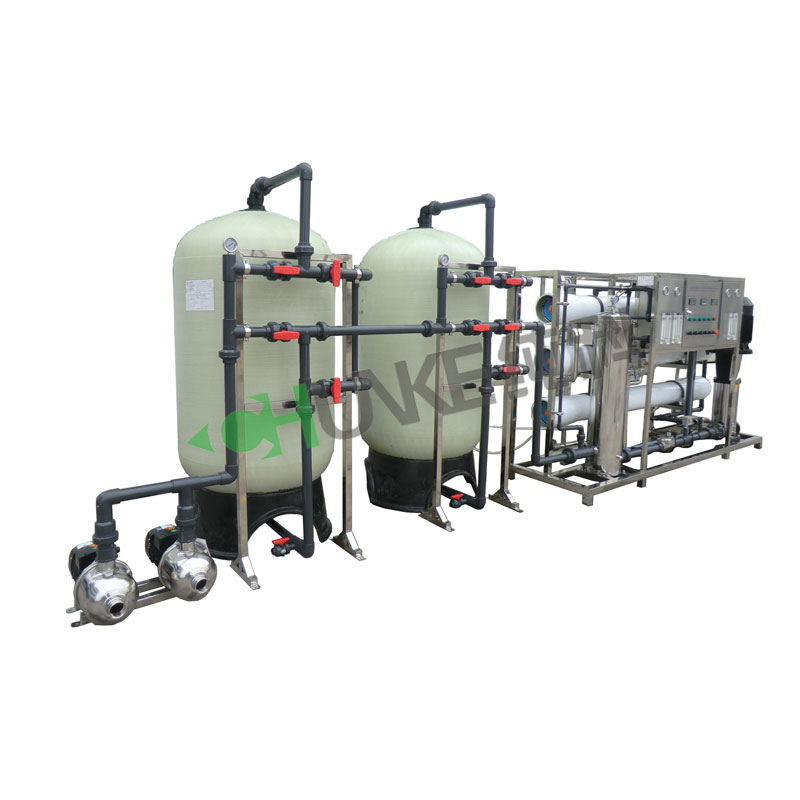Which is better, filtered water or purified water?
In the market, there are a wide variety of water filtering and water purification equipment, making it difficult for consumers to choose. Is filtered water better, or is purified water more suitable for home use? This article will explore the differences, advantages and disadvantages, and applicable scenarios of these two water treatment methods to help consumers make wise choices.

What is the difference between filtered water and purified water?
1. Filtered water
Filtered water refers to the removal of suspended matter, sediment, microorganisms, and some chemical pollutants in water by physical filtration. Common filters include activated carbon filters, ceramic filter elements, sand filters, etc. These filters mainly rely on the physical structure of the filter material to intercept pollutants, thereby improving the cleanliness and taste of water.
2. Purified water
Purified water refers to the removal of harmful substances in water through comprehensive water treatment technologies, including physical, chemical, and biological methods, so that it meets drinking water standards. Common purification technologies include reverse osmosis (RO), ultraviolet (UV) disinfection, ozone disinfection, etc. Purified water can not only remove suspended matter and microorganisms, but also effectively remove soluble pollutants in water, such as heavy metals and pesticide residues.
What are the advantages and disadvantages of filtered water?
Advantages of filtered water:
1.1 Economical
Filtering equipment is relatively simple, with low initial investment and maintenance costs. For most families, filtered water is an economical choice.
1.2 Easy maintenance
Filtering equipment is usually simple in structure, and maintenance and replacement of filter elements are relatively convenient. It does not require professional skills and can be operated by home users.
1.3 Retaining minerals
While removing pollutants, filtered water equipment usually does not remove natural minerals in the water, retaining the nutrients in the water, which is beneficial to human health.
Disadvantages of filtered water:
2.1 Limited filtration accuracy
Ordinary filtering equipment has limited removal effect on fine pollutants (such as viruses, dissolved organic matter, heavy metals, etc.), and cannot guarantee the complete safety of water quality.
2.2 Cannot remove soluble pollutants
Filtering water equipment mainly targets physical pollutants and cannot effectively remove soluble chemical pollutants in water, such as chlorides, pesticide residues, etc.

What are the advantages and disadvantages of purified water?
Advantages of purified water:
1.1 Efficient removal of pollutants
Water purification equipment uses a combination of multiple technologies to efficiently remove various pollutants in water, including bacteria, viruses, heavy metals, organic chemical pollutants, etc., and the effluent water quality is safe and reliable.
1.2 Strong comprehensive treatment capacity
Water purification equipment can not only remove suspended matter and microorganisms, but also effectively remove soluble harmful substances. It has strong comprehensive treatment capacity and a wide range of applications.
1.3 Stable effluent quality
Water purification equipment is usually equipped with an advanced monitoring system that can monitor the effluent water quality in real time to ensure stable effluent quality, which is suitable for occasions with high water quality requirements.
Disadvantages of purified water:
2.1 High equipment cost
Water purification equipment is technically complex, with high initial investment and maintenance costs, which puts a lot of economic pressure on ordinary families.
2.2 High maintenance requirements
Water purification equipment requires regular maintenance and replacement of filter elements, disinfection lamps and other components. The maintenance cost and technical requirements are high, and professional personnel are required to operate.
2.3 Removal of beneficial minerals
Some purification technologies, such as reverse osmosis, will remove natural minerals in the water, resulting in the lack of certain beneficial nutrients in the effluent, which requires additional mineral supplementation.

Application scenario analysis
1. Home use
For ordinary families, choosing the right water treatment method depends on the local water quality and the health needs of family members. If the local tap water quality is good and the pollutants are mainly suspended matter and microorganisms, you can choose a water filtration device, which is both economical and can retain the natural minerals in the water. However, if the tap water contains a high level of soluble pollutants (such as heavy metals, pesticide residues), or if there are people with low immunity in the family, it is recommended to choose a water purification device to ensure the safety of drinking water.
2. Industrial and commercial use
In the industrial and commercial fields, production processes with high water quality requirements, such as food processing, pharmaceuticals, and electronic manufacturing, usually require high-purity water sources. Water purification equipment can provide high-quality pure water, meet strict water quality requirements, and avoid pollution problems in the production process.
3. Special application scenarios
For some special application scenarios, such as medical institutions and laboratories, the requirements for water quality are extremely strict. Usually, multi-stage purification technologies such as reverse osmosis and ultraviolet disinfection are required to ensure that there are no harmful pollutants in the water.
Conclusion
Filtered water and purified water have their own advantages and disadvantages. The selection of suitable water treatment methods should be determined according to the specific application scenarios and water quality requirements.
For ordinary families, economical and affordable water filtration equipment can already meet most daily drinking water needs. For special scenarios with higher water quality requirements, water purification equipment is a better choice.




